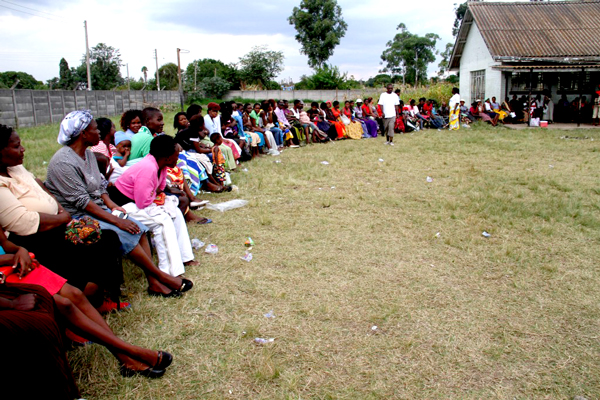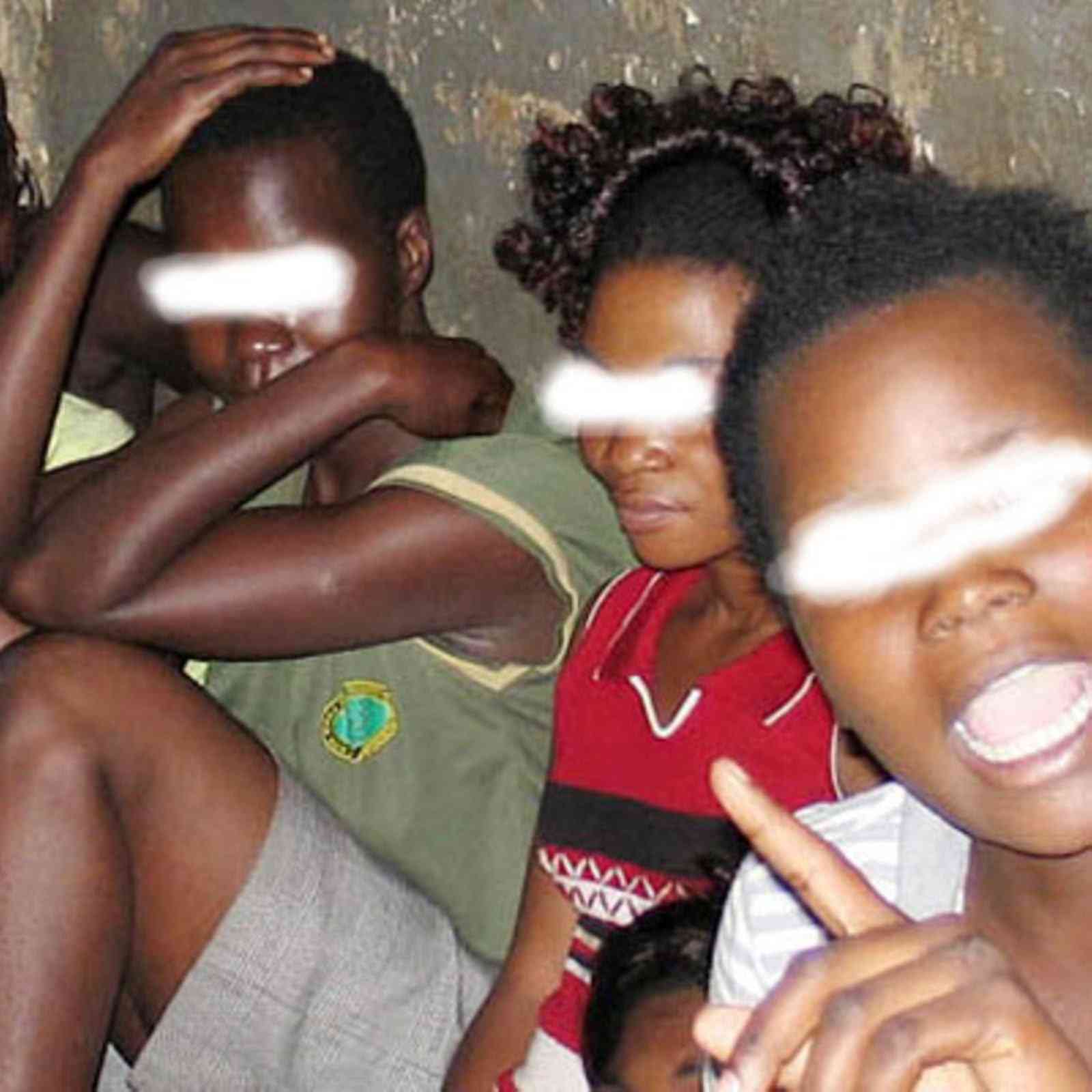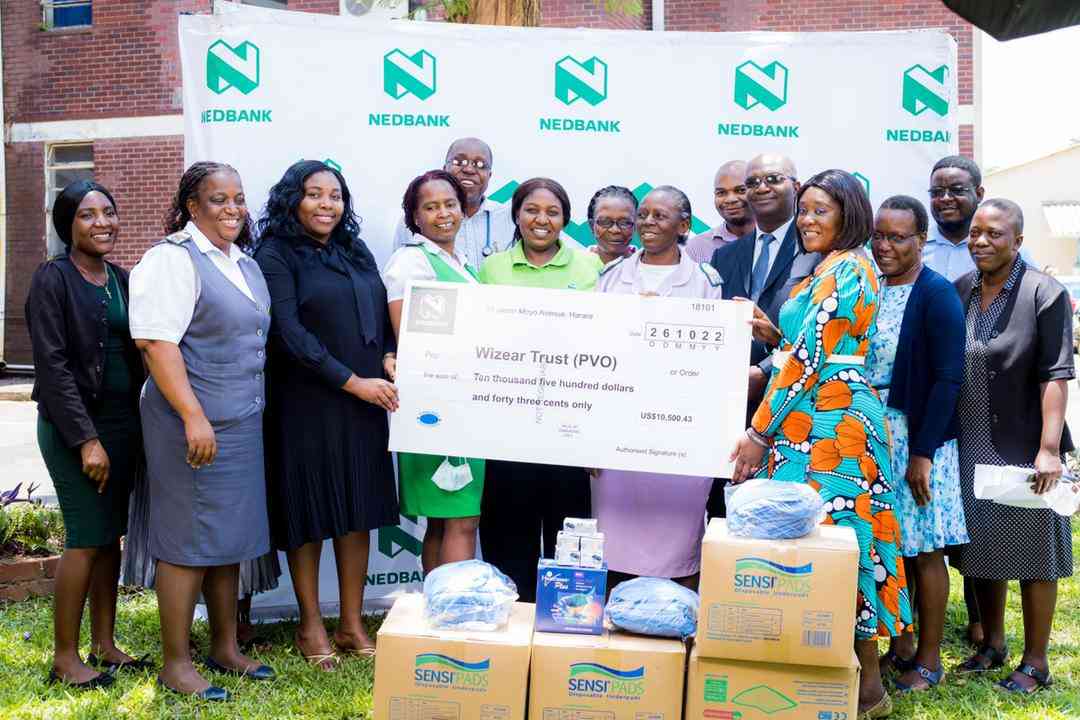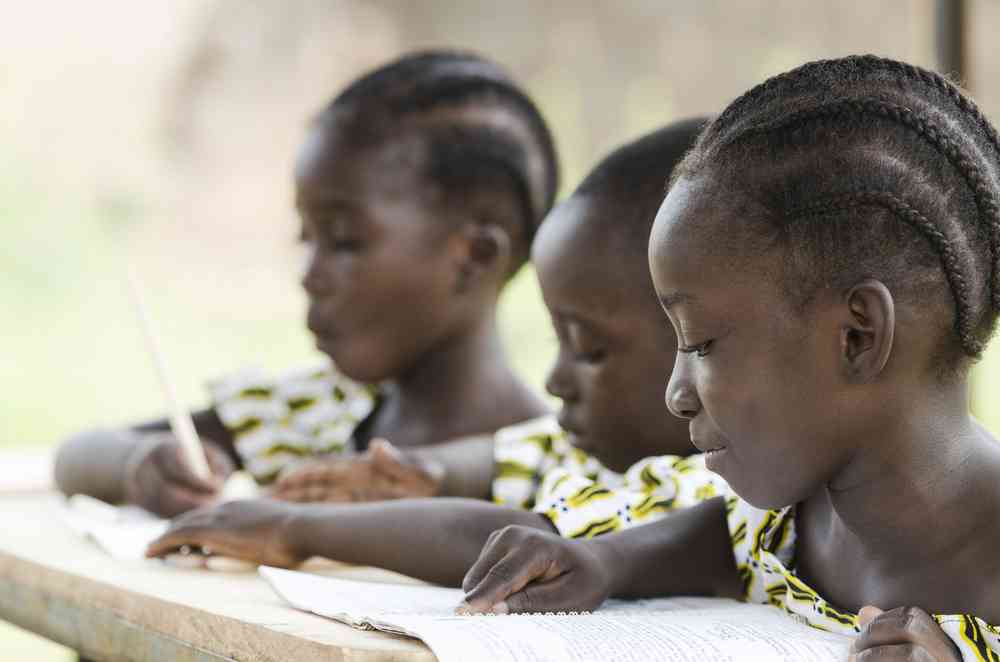
YOUTH participation in electoral and governance processes can go a long way in ensuring inclusivity, co-existence, maintenance and preservation of peace.
Across the globe, conflict has erupted, especially when certain sections in society feel neglected as far as development, resource allocation and general participation on matters of human development and national growth are concerned.
Young people are undoubtedly the most formidable demographic group that, if neglected, particularly on issues of governance and democracy, can pose a threat to peace and stability of any nation.
The political and social terrain of any country’s backbone is mostly supported by the youth, who comprise at least 51% of the world’s population, while in Zimbabwe, they constitute 77% and 43,5% of the voting population.
The youth are traditionally active politically in secondary and tertiary education sectors, but very often disillusioned with political leadership and political institutions and excluded from policy development.
Zimbabwe is heading towards the 2018 elections and youth participation must be considered, as young people are more active and influential in both supporting or opposing any cause, a development that must be handled with much respect and positivism so as to provide them with platforms to lead peace-building and inclusive participation in such processes.
Education that is linked to the whole economic circle needs to be prioritised in order to attract a number of young people to the electoral field, thus, the youth also need to be recruited as electoral educators to educate their peers.
However, there have been no messages created and circulated by youth to motivate each other to register to vote during the biometric voter registration blitz exercise.
- Chamisa under fire over US$120K donation
- Mavhunga puts DeMbare into Chibuku quarterfinals
- Pension funds bet on Cabora Bassa oilfields
- Councils defy govt fire tender directive
Keep Reading
Usually, messages were created by older people or project personnel without the understanding of key needs of the youth and not translating well or appealing to the youth.
Given the introduction of the new biometric voter registration system, a lot of effort should be exerted to attract youth to vote, also linking the voting pattern to their needs and rights.
The road to 2018 harmonised elections has witnessed a lot of interest by young people to participate in the electoral process, not only as supporters or voters, but contesters. The rise of youth organisations and social movements over the past two years has seen an interesting phenomenon in Zimbabwean politics, which was largely dominated by old and tired politicians, whose tactics have contributed to the current economic shambles.
Apart from the global call that has silently made it clear that youth are not only beneficiaries of the national cake, but also leaders and stakeholders, the older generation seems to be ignoring the call of young people being Not Too Young To Run, a campaign, which seeks to reduce the age limit for running for elected office in Nigeria and globally. Closer home, there is a general call by civil society organisations and youth movements to support a certain percentage of young people to take key leadership positions in 2018 harmonised elections.
Given their demographic, the youth can be a catalyst in the much-needed change in Zimbabwe.
Young people, who are interested in politics are, thus, paying attention to political content in media, hence, more likely to participate in politics.
Their political interest, which leads to political participation, has been largely influenced by social media, which is very critical in acquiring political information.
Young people get politically related information through online network of friends, which may lead to political interest.
With the use of the ICTs, youth discuss and openly about politics and elections, educating and motivating each other through the social media platforms such as Twitter, Facebook and WhatsApp.
Peace-building is realistic if young people are given a chance to participate in elections and political processes.
The young people are regarded as the leaders of tomorrow and they also need to be considered in elections and peace-building.
O4Z











